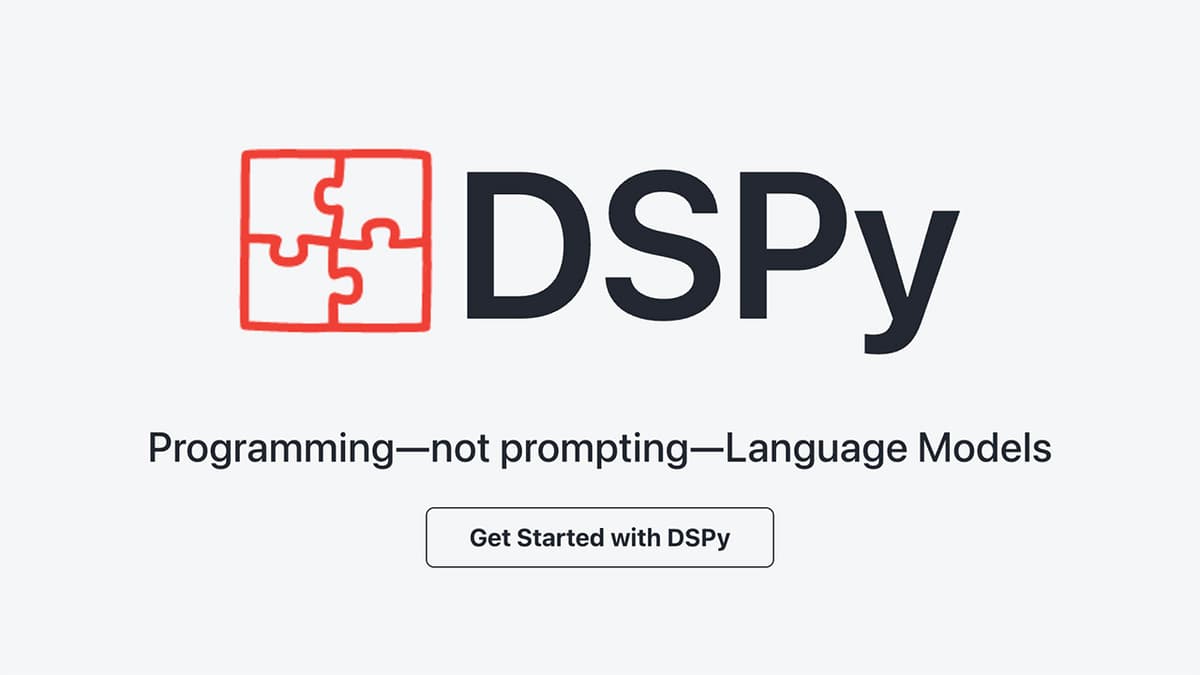What is the Usage of the D Programming Language?
The D programming language has a range of uses. It combines the performance of C and C++ with the simplicity of modern languages. Many developers choose D for various applications due to its unique features.
Why Do People Choose D?
Many programmers appreciate D for its performance and efficiency. It is designed for high-performance applications. This makes it suitable for system programming, game development, and even web applications. The language supports both low-level and high-level programming, giving developers the flexibility to choose how they want to code.
-
Systems Programming: D is often used in systems programming. This involves writing software that manages hardware or provides services to other software. Developers appreciate D's capability to interact closely with hardware while maintaining high performance.
-
Game Development: Game developers find D appealing for its speed. Games require efficient memory management and fast execution. D provides tools for both graphics and game logic, making it a solid choice for game engines. Companies like ioquake3 utilize D in some components of their projects.
-
Web Applications: D is also used to create web applications. Frameworks like vibe.d allow developers to build asynchronous web servers and clients. The language's syntax and features simplify the development of dynamic websites and RESTful APIs.
-
Data Analysis: The D language has libraries for numerical and scientific computing. This makes it useful for data analysis, simulations, and complex calculations. Its efficiency enables handling large datasets with ease.
-
Desktop Applications: D is well-suited for desktop applications. Its ability to create rich user interfaces and perform background processing makes it an excellent choice. Developers can build responsive and powerful desktop software.
What Makes D Different?
D has some standout features that set it apart from other programming languages.
-
Garbage Collection: D includes automatic memory management. This helps to eliminate memory leaks and allows developers to focus on coding instead of memory allocation.
-
Compile-Time Function Execution: D allows code to be executed at compile time. This can optimize performance by generating code before the program runs.
-
Multi-Paradigm Language: D supports multiple programming paradigms. You can use object-oriented, functional, or imperative styles. This feature provides flexibility in how developers approach problems.
D has wide-ranging applications across different areas of software development. Its efficiency, performance, and modern features draw many developers toward it. Whether for systems programming, games, or web applications, D continues to grow as a valuable tool in a developer's toolkit.












